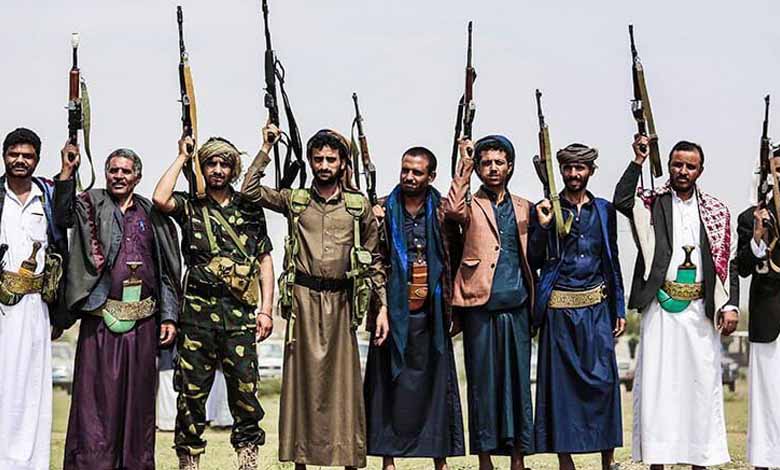How are the leaders of the Houthi rebels getting wealthy?

Members and leaders of the Houthi terrorist militia have exploited wars to reap as much money and wealth as possible, to become what is known as the rich of wars; as a result of the military and political influence in Yemen’s eight-year war.
A report by the Studies and Economic Media Center, entitled: “The Yemeni Economy 2021, the War Economy and the New Wealthy”: “This phenomenon is a direct result of the war, which has turned into an important means to enrich a new class of the political and economic elite whose interests are intertwined in a way that ensures that the situation remains the same and even further exacerbates it”.
The report noted the wealth of powerful networks close to the Houthi group through a series of influential business and investment activities, proximity to the group’s leadership, and the role it plays in fueling the war.
The report listed the most prominent violations that have affected the Yemeni private sector and warned that the sector is “on the verge of collapse for a monopolistic parasite that has benefited from the chaos of the war”.
The Houthi militia’s war effort has become “a means of influence and enrichment” for the group’s leaders, the report said, adding that it has come to dominate the financial and business markets in areas under its control in Yemen.
The report pointed to the main sources of funding for the Houthi militias, mainly the money they seized from the Central Bank’s coffers when they overturned in 2014, as well as the revenues they collected in areas under their control, the fees and royalties they impose on the population, the money and aid they acquire from relief organizations, and the confiscation of the assets, money and property of their opponents.
This money enabled it to create a new financial empire, which led it to change the balance of power and control the import market in Yemen, he said. The money is managed by money exchange companies away from banks, he said, noting that the report counted 250 new money exchange companies that were authorized to operate in wartime in Sanaa, Saada and other provinces.
During the war, the report said, the Houthi militia granted licenses to 178 oil derivative import companies to control the market, which generates more than 30 billion riyals a month in areas under their control. Among the most prominent of these companies are Yemen Elaph and Oases Oil, owned by Houthi militia spokesman Mohammed Abdul Salam Fleih.
The report described the Houthi group’s control of the market for importing and marketing medicines through companies affiliated with the group’s leadership, led by Taha al-Mutawakkil and Saleh al-Shaer.
These companies import counterfeit products and replace them with standard products, prompting a number of doctors, surgeons and anesthesiologists to stop working, he said; fear of complications from these counterfeit medications.












